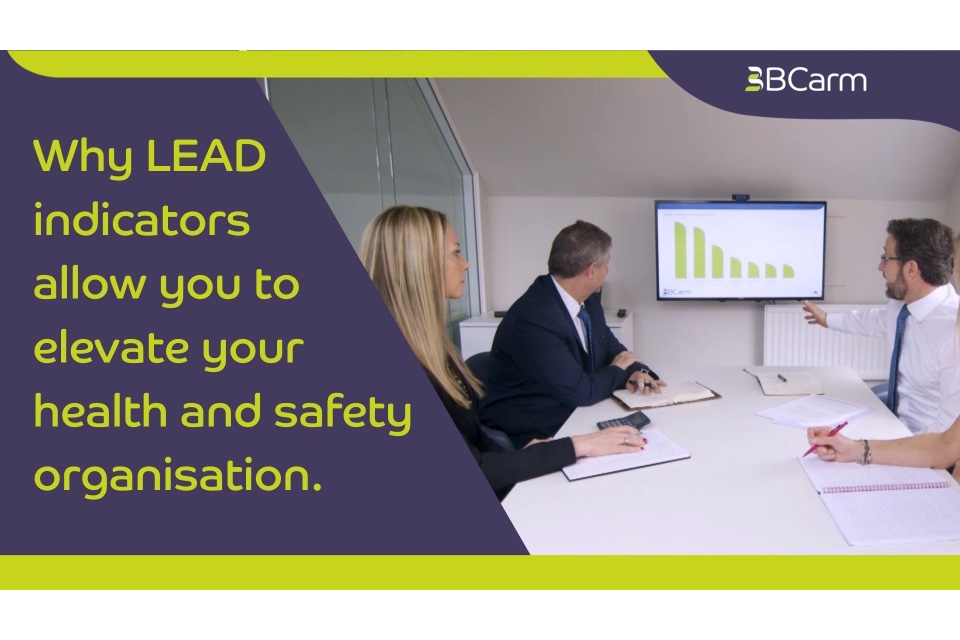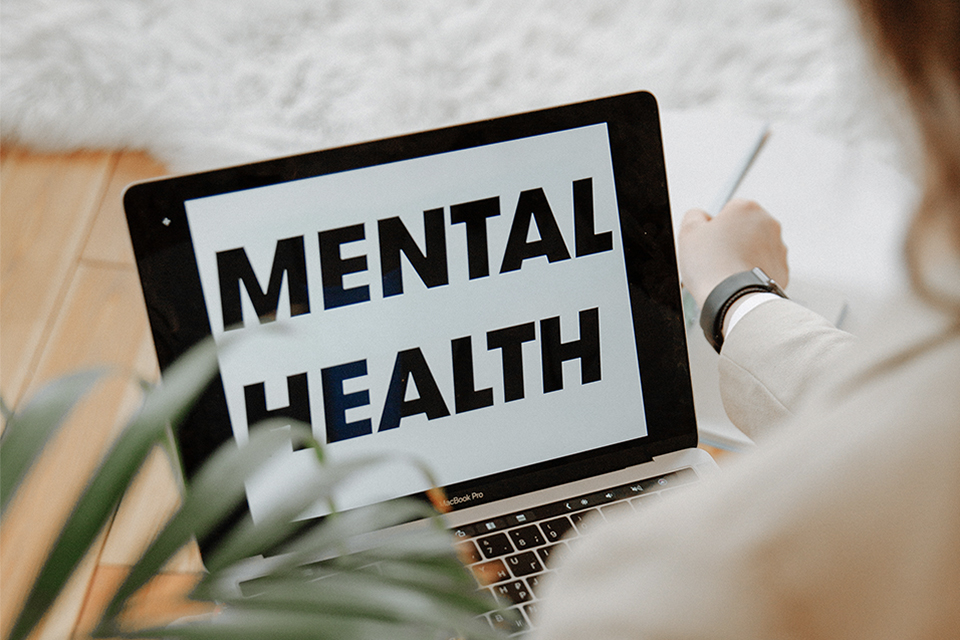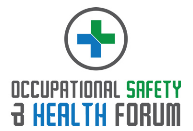Why LEAD indicators allow you to elevate your health and safety organisation

By Steve Williams AMBCI, MIIRSM, Managing Director, BCarm 1 in 2 businesses say they don’t have safety performance metrics in place that allow them to measure and manage workplace safety every month*. Given the potential consequences of safety not performing, why wouldn’t you want to know how you are performing, and if you do, how […]
Wellbeing in the Workplace: How utilising tech can benefit wellbeing ways of working

As we move ever closer to the two-year anniversary of the first UK coronavirus lockdown, the technology around us has found new applications, both at home and in the office, to improve the health and wellbeing of staff across the world. The world of hybrid working, remote meetings, working from home and the “always-on” culture […]
Learn from the best at next week’s Occupational Safety & Health Summit

There are just a handful of delegate places left for next week’s Occupational Safety & Health Summit – don’t miss out on expert insight for our great line up of speakers, including WorkNest, RyderMarch OCAID and BCarm. The seminar schedule includes:- “How to Make Health and Safety Everybody’s Business in 2022” According to our ‘Mind the Gap’ […]
Do you specialise in Behavioural Safety? We want to hear from you!

Each month on Health & Safety Briefing we’re shining the spotlight on a different part of the security market – and in February we’ll be focussing on Behavioural Safety. It’s all part of our ‘Recommended’ editorial feature, designed to help health & safety buyers find the best products and services available today. So, if you’re a […]
1.7 million workers suffering from a work-related illness, says HSE

The Health and Safety Executive (HSE) has published statistics that cover work-related ill health, non-fatal workplace injuries and enforcement action taken by HSE, in the 2020/21 period. In total, 1.7 million workers are suffering from a work-related illness, around half of which were stress, depression or anxiety. In addition, two new estimates have been developed […]
workplace mental health – more important than ever before?

By Claire Price, QMS International Mental illness has risen to be a leading cause of workplace illness, pushing it to the top of the health & safety agenda. But what exactly is the scale of the issue, and more importantly, what can employers do to promote positive mental health & well-being in the workplace? In the […]
Should employers cut sick pay for unvaccinated staff?

Companies including IKEA and Wessex Water are reportedly cutting sick pay for unvaccinated employees who are self-isolating; instead of receiving full pay, they will now only be eligible for SSP. Under current Government guidance, people in England who have received at least 2 doses of the Covid vaccine are not required to self-isolate, however, unvaccinated […]
Occupational Safety & Health Forum: Last chance to register!

We have just a handful of delegate and supplier places left for next month’s Occupational Safety & Health Forum – Make sure you secure yours today! The top 10 services in demand by registered delegates are:- Behavioural SafetyComplianceOccupational Health & Wellbeing ServicesFire Safety ManagementTraining CoursesWellbeing/WellnessRisk Management/AssessmentsStress ManagementContractor ManagementIncident Reporting As an industry supplier, the benefits of attending […]
Employers have big role to play when it comes to tackling NHS backlog

The impact of the continuing Covid pandemic means that health and wellbeing support in 2022 will be hugely influenced by factors outside of the work environment. Brett Hill, distribution director at Towergate Health & Protection makes his predictions for the coming year and explains how employers will play a crucial role… The impact of missed cancer […]
Solve ‘presenteeism’ to avoid rising absenteeism in 2022

New research from Canada Life has revealed that a third (35%) of UK adults have continued to work while feeling unwell in the past 18 months, rising to almost half (46%) among those aged 18-34 years. They also found that almost one-third (32%) of those working from home felt more pressure regarding presenteeism – where […]


